
Yet, because we live in a society that prizes mental agility long into old age, I think you’ll love the myriad of stimulating brain games I’ve discovered for you.
As a Ph.d., I’m looking forward to continuing my many decades of research into memory and the mind for as long as I can. That’s why I have done the meticulous research into brain games that you’ll find on this page.
It’s also why I’ll tell you the truth a lot of designers of games will not.
As I take you into the realm of brain games, take note of the other activities I share that you can seamlessly integrate into your daily routines.
Brain games do indeed offer fantastic mental stimulation, but it’s important to remember this:
Your intellectual prowess requires a range of dynamic challenges, ranging from complex puzzles to strategy challenges.
And as my practical experience has shown, there’s more to the “game” of enhancing our intellectual skills than just play.
Ready? Let’s get started, or…
If you want to skip ahead, use this table of contents:
Why Brain Games For Adults?
20 Best Brain Games for Adults (by Category)
Games and Puzzles (Online)
Games and Puzzles (Offline)
Brain Training Apps
Video and Computer Games
Fun and Games for the Brain
Why Brain Games For Adults?
You’ve probably seen advertising from different companies, claiming their games or brain training apps are the best way to keep your brain healthy as you get older.
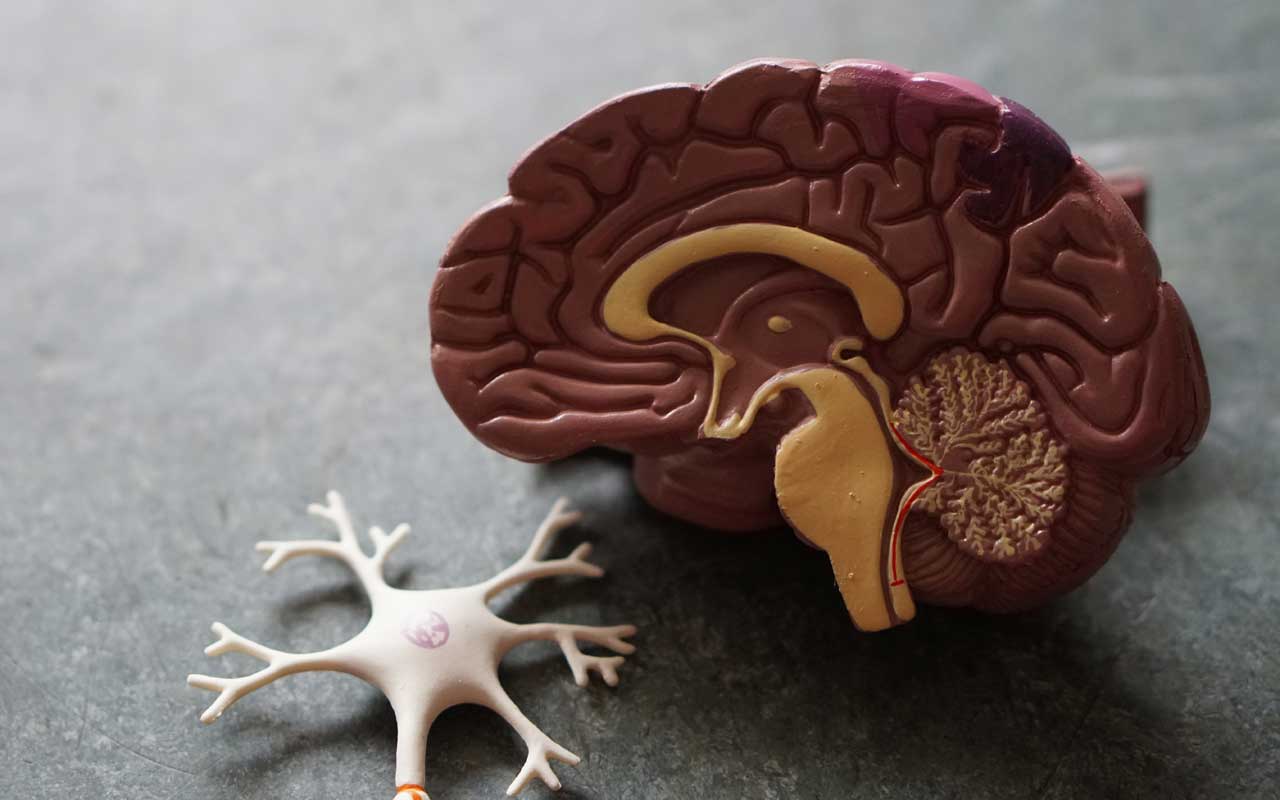
Turns out, scientists are divided about the legitimacy of those claims.
In 2014, two opposing groups of scientists came out with letters arguing 1) no scientific basis for the efficacy of brain training — and 2) evidence for the “brain training effect” was plentiful.
So if even large groups of scientists can’t agree, how do we know if brain games can help you keep your gray matter fully functional?
As I researched this post, what I found over and over is this: brain training games may be effective, but so are other cognitive pursuits.
The key to maintaining brain health as you age is to consistently learn new things.
So if you’re worried about your brain health as you age, or have a parent or loved one who is at high risk for a disease like Alzheimer’s or another form of dementia, keep that in mind. You won’t necessarily find results from playing the games featured on this page. This important to understand because several studies within the past fifteen years estimate that somewhere between 11-13% of older Americans have dementia.
So how do you avoid cognitive decline? What can you do to protect your brain?
According to both the Alzheimer’s Disease International (ADI) and Alzheimer’s Association, there are a few key things you can do to maintain brain health as you age:
- Stay physically active: exercise and physical activity maintains proper blood flow to the brain and encourages the formation of new brain cells through neurogenesis.
- Eat for brain health: eating a healthy diet full of antioxidants (leafy green vegetables and fruits, for example) may help protect existing brain cells.
- Stay mentally and socially active: be active in your community to help avoid depression and isolation, and get regular brain exercise (especially learning new tasks) to help you maintain cognitive function.
So what are some of the best ways to stay mentally active? That’s where brain games for adults.do indeed come in handy.
Games for the brain can be a fun (and effective) way to keep your brain engaged. So let’s look at the best brain training games, what makes them great, and how you can even get some of these brain training games for free.
We’ll break them all down into categories, including both online and offline games, as well as our favorite brain training apps (and a few video games, too).
20 Best Brain Games for Adults (by Category)
If you want to be the next Stephen Hawking or Albert Einstein, brain training games and memory improvement games won’t get you there.
However, when it comes to keeping your brain healthy as you age, mixing and matching the following games could be just the ticket.
When the game gets easy, switch to learning how to play something new — and keep your brain healthy and your memory sharp.
Let’s start with the games and puzzles you’re most likely to find online.
Games and Puzzles (Online)
The following games and puzzles can help boost your working memory. They often involve thinking a step or two (or more) ahead to your next move.
Sudoku
Sudoku is one of the most popular brain training games online. It’s available through a number of different sites, including both Web Sudoku and Sudoku.com (which both have iOS and Android apps available).
It’s also available at the New York Times, USAToday, The Washington Post, and The Los Angeles Times.
Tricky Test 2™: Genius Brain?
Tricky Test 2™ is a free IQ game that challenges you to find out if you have a “genius brain.”
It includes a series of brain teasers and solutions designed to trick you — these puzzles are available through both the App Store and Google Play.
Left vs Right: Brain Games for Brain Training
Left vs Right was designed to “test your awareness, adaptability, reflex, reasoning, precision, and patience.”
Free brain training games are included to help you test your brain — and the app is available through Google Play, the App Store, and Amazon. While the app is free, in-app purchases are offered, including a VIP subscription option allowing you to access all 49 of the games.
A Clockwork Brain
A Clockwork Brain is a “series of fun and challenging games, specifically designed to test memory, attention, dexterity, language, and reasoning.”
Each of the puzzles features adaptive difficulty to keep your brain engaged, and is available in the App Store and Google Play, as well as through the Microsoft Store.
Next, let’s look at some classic forms of brain training that are available in the physical world.
Brain Games for Adults (Offline)
While there are options to play most of these types of games and puzzles online or on your device, you might want to stick to the traditional forms.
Why? Because the social aspect of the games makes them more powerful — by getting together with a friend (or a few) you can boost the brain-health factor.
Let’s start with a classic game for brainy people.
Chess
When you think of mentally challenging and complex games, chess is probably one of the first that comes to mind. Garry Kasparov, Bobby Fischer, (and even Deep Blue)… some of the greatest players of all time prove that chess is a game of strategy and concentration.
The game of chess helps train your working memory and improves your brain’s executive function as you plan and strategize. It also improves fast decision-making, while honing your concentration.
Crossword Puzzles
When it comes to minimizing cognitive decline, crosswords have been declared the go-to solution. These puzzles contribute to the development of memory and attention skills, as well as increased fluency (the ability to find words).
Like all the games and puzzles we’ll cover today, if the puzzles start feeling too easy it’s probably time to switch to another brainy pursuit. For example, if you usually play American crosswords you might try switching over to the British style (specifically their “cryptic crosswords”) to test your true riddle- and puzzle-solving skills.
No matter their difficulty level, crosswords are known to encourage cheating — but if you cheat you’re not getting the brain exercise you think you are!
Jigsaw Puzzles
Want to engage your short-term memory? Jigsaw puzzles might be just the ticket. Your brain has to sort out the multiple colors and shapes — and the more pieces the puzzle contains, the harder your brain has to work. You even get a hit of dopamine when you click a puzzle piece into the correct slot.
To add a different kind of challenge to your puzzle assembling, flip over the pieces and try to solve the puzzle without any of the design clues.
Matching Pairs Card Games
There are virtually endless ways to play this type of memory game, including many online versions (including tile-matching games like Mahjong). Whatever variation you choose, the aim is to match as many pairs as quickly as you can — lay any number of cards face down, flip over two at a time, and try to remember where the matches are.
While most games keep the cards in neat rows, you can make the game more challenging by spreading out the cards in a less organized arrangement.
And for another level boost, here are 13 reasons you need a system for remembering cards. Just imagine the brain fitness you’ll get when you can remember the order of 52 cards after shuffling a deck!
Scrabble
Playing Scrabble is a great way to learn new vocabulary and improve focus and strategic thinking. Some of the best players develop a keen ability to find the anagrams amidst a jumble of letters.
A 2016 study showed that Scrabble experts often use the parts of their brain associated with visual perception and working memory. So if you get good enough at the game, you’ll be able to tap into different areas of your brain while you play.
But what about apps that were specifically designed to provide “brain training” — are they everything they claim to be?
Brain Training Apps
Turns out, maybe not.
In 2016, Lumosity paid $2 million to settle deceptive advertising charges. It was alleged that “they deceived consumers with unfounded claims that Lumosity games can help users perform better at work and in school, and reduce or delay cognitive impairment associated with age and other serious health conditions.”
Be advised that Christine Till’s research has shown that without also having regular meetings with a coach, software programs like these have limited outcomes.
No single app or game is the magic bullet for reversing cognitive decline. But the following apps, when paired with other learning games and puzzles, just might help keep your brain engaged as you age.
Lumosity
Post-FTC charges, Lumosity now claims to offer “daily exercise for your mind.” Their brain training helps sharpen memory, attention, mental flexibility, processing speed, and problem-solving.
Lumosity has been around for 10 years and boasts 100 million members. They offer a desktop version of the app, as well as App Store and Google Play versions.
CogniFit Brain Fitness
CogniFit includes both neuropsychological assessments and brain training programs. The assessments include 23 separate cognitive skills, and their training programs use a patented methodology that allows them to set an “optimal sequence of brain games specifically for the user.”
There are training programs specific to ages 55 and over, stroke, Parkinson’s, and more. There is a free version, as well as a paid version ($19.99 per month for unlimited training programs), and CogniFit is available through both the App Store and Google Play.
Mensa Brain Training
And last but certainly not least, the high IQ society Mensa offers exercises to help you improve your reasoning, concentration, memory, agility, and perception. Mensa claims that regular brain training can significantly enhance fluid intelligence.
Their training program includes “challenging exercises developed by puzzle experts and accredited by the definitive high IQ society.” Available on the App Store.
What might surprise you is that one of the strongest competitors in the brain training market is actually… video games.
Video and Computer Games
When you hear discussions about the impact of video games, it’s usually in relation to violence and negative impacts. But did you know video games can be very helpful for boosting cognitive function?
Particular types of video games can have positive benefits on the brain. Action games can help improve your ability to make quick decisions or focus on an important object. And racing games help improve eye-hand coordination.
There is even a 2018 study that looked at the benefits of cognitive and emotional training in healthy adults. Let’s look at some specific games worth playing so you can experience such results for yourself.
Super Mario 64
Playing three-dimensional video games like Super Mario 64 improves both spatial memory and recognition ability, according to a 2017 study. The game encourages exploration within the 15 worlds of the game, where the player encounters obstacle courses, hidden objects, and puzzles… as well as the enemies Mario must confront.
3D games might help stave off mild cognitive impairment, due to increases in gray matter volume in both the hippocampus and cerebellum.
Tetris
Since 1984, Tetris has been challenging the brains of video game lovers. Much like the real world around us, the game “challenges players to make order out of chaos using a specific organization system.”
The makers coined the Tetris® Effect — where people who are packing their cars, loading their dishwashers, or organizing their shelves think strategically about how to fit each object into the available space.
Earlier studies seem to indicate that playing the game results in a thicker cortex in the brain, and helps improve brain efficiency. It has even been hypothesized that playing Tetris has positive results for certain spatial skills like mental rotation, spatial perception, and spatial visualization.
World of Warcraft
You might be surprised to see the world’s most popular role-playing game listed among our recommendations, but researchers at North Carolina State University found cognitive improvements among seniors who participated in the study.
You can try World of Warcraft free with their Starter Edition, which allows you to play up to level 20, or to subscribe for access to further levels.
With the 20 games, puzzles, and apps in this article, you have plenty to keep you (and your brain) busy.
Brain Games for Adults Are Fun
Getting older doesn’t have to mean you settle for cognitive decline and eventual dementia. In fact, if you use what you learned in this article, you now know 20 more ways to keep your brain active as you age… and have some fun along the way.
If games still aren’t for you, you have other alternatives you can explore, such as adult coloring books. I like using them so much, I even created my own and you can order a copy on Amazon.
I also like to play games by visiting my childhood memories. Here’s an entire podcast discussing how you can do that:
At the end of the day, here’s what really matters:
As long as you stay physically fit, eat for brain health, and stay mentally and socially active, you can keep your brain engaged and healthy for the long run. And if you’re ever worried and wondering if you have dementia, you can always take memory tests doctors use to diagnose Alzheimer’s.
But do remember: at the end of the day, time spent on brain training games always incurs a cost. It might not get with your learning style as an adult, for example, especially if you have to do any kind of chunking while playing the game.
But personally, I don’t think anything compares to the fun of using a Memory Palace. That’s why if you want to keep learning new things (perhaps a new language?) you’ll also need to improve your memory skills to help you hang on to that new vocabulary.
The Memory Palace technique is actually the ultimate brain game because every time you learn, you win something far more valuable than points. You win knowledge that will soon turn into wisdom. And wisdom is the ultimate engine of engagement that lasts.
Check out these Memory Palace examples to see for yourself why this mental tool really does provide the best brain game for adults. I dare you to prove me wrong. Game on!



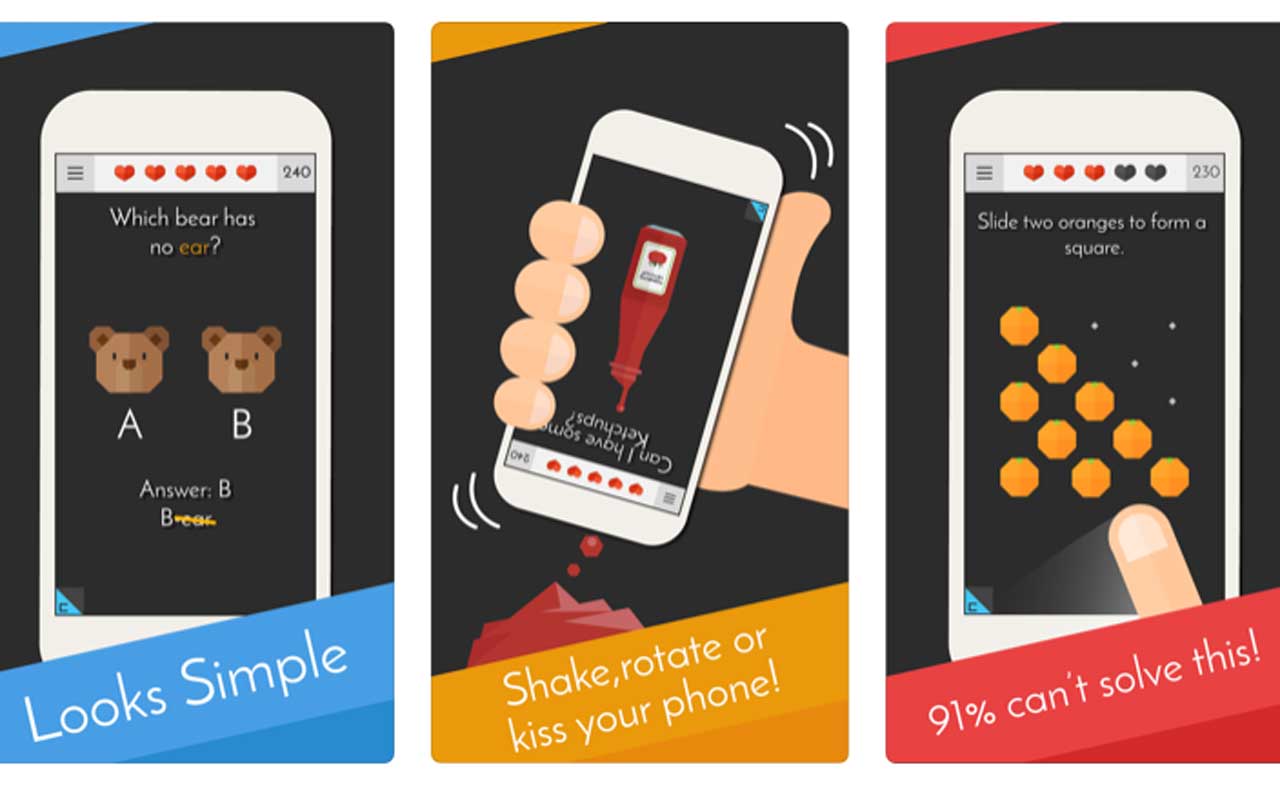
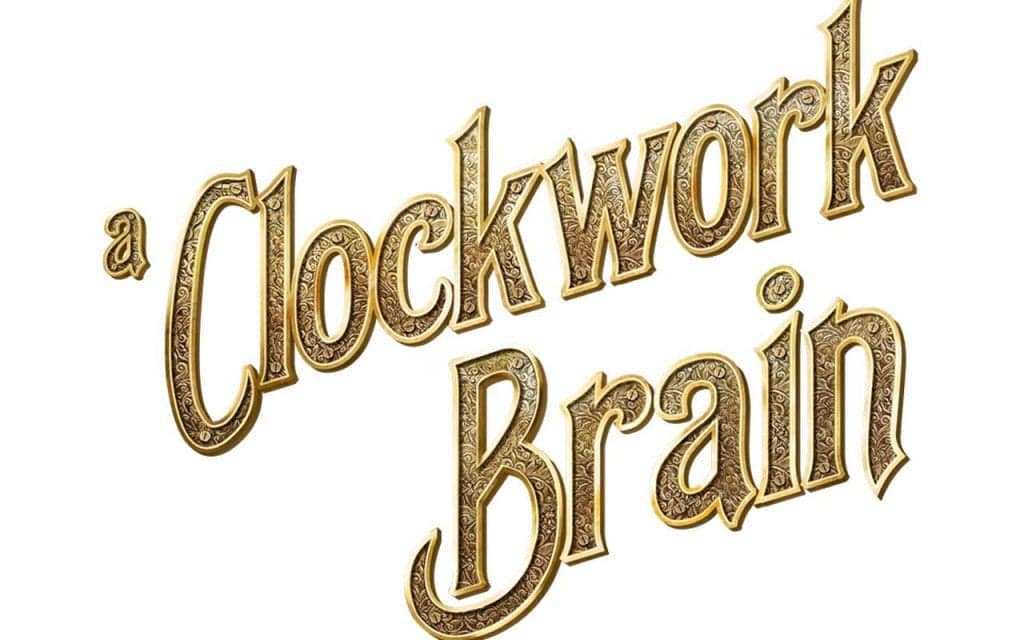
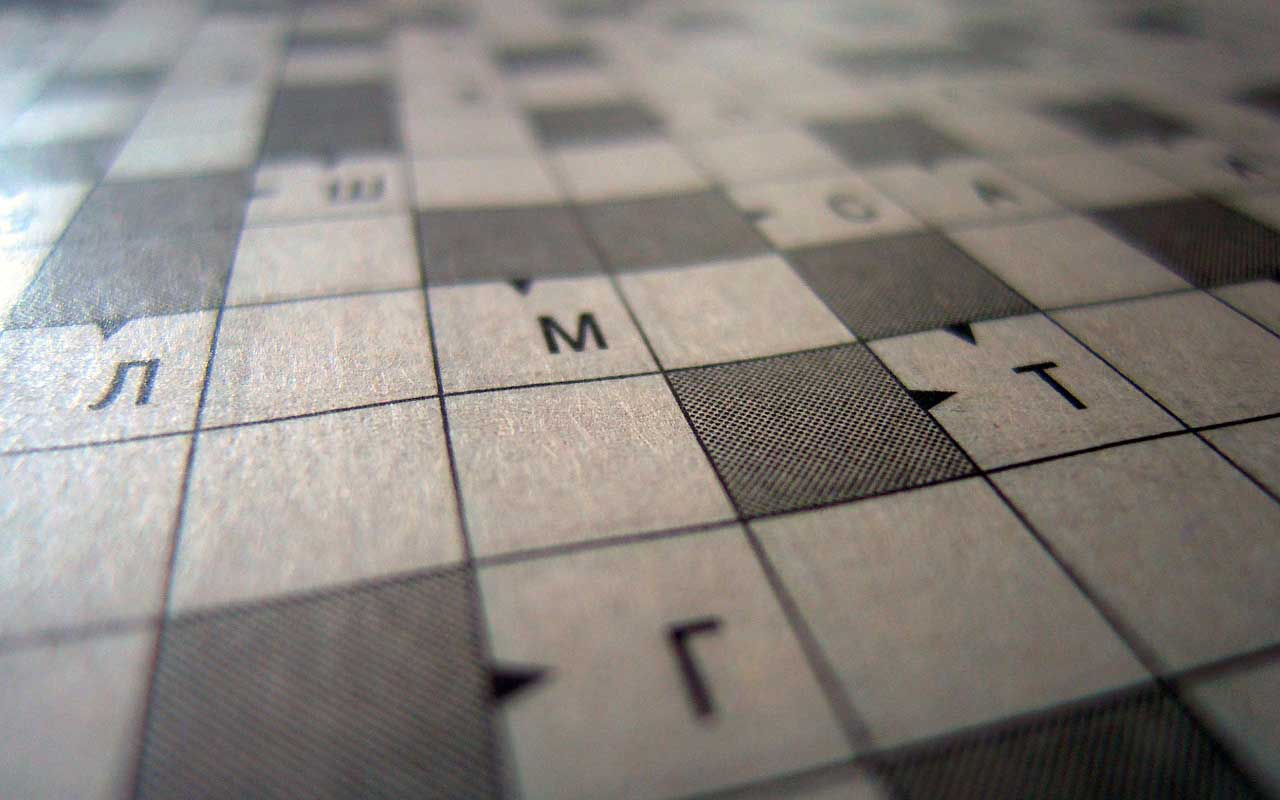
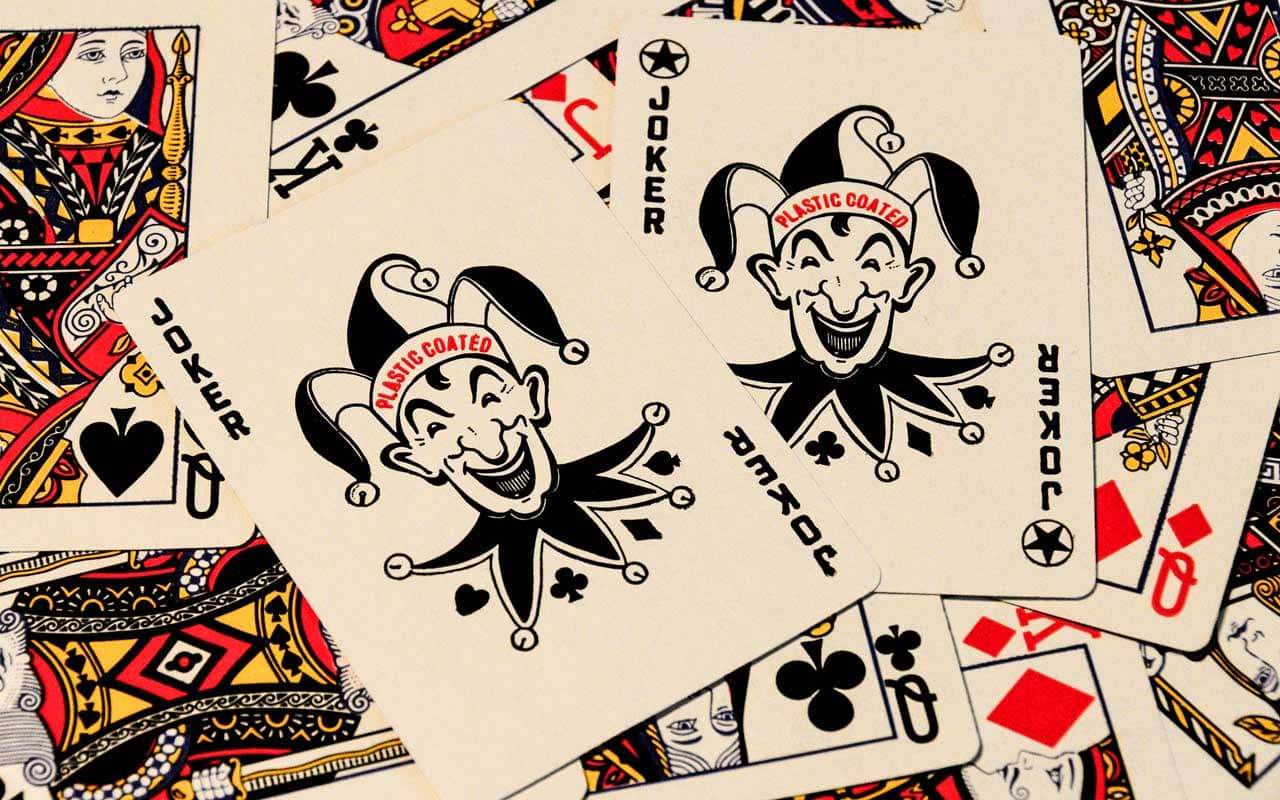
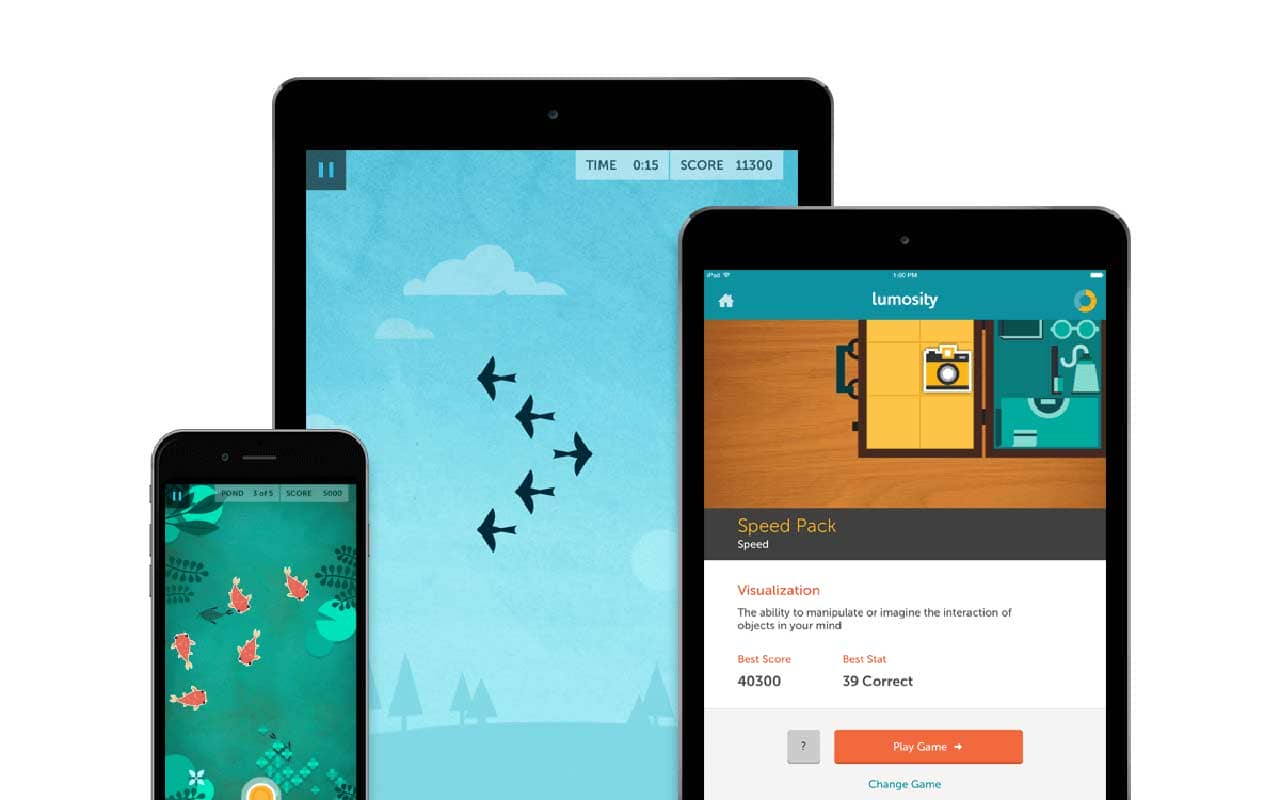
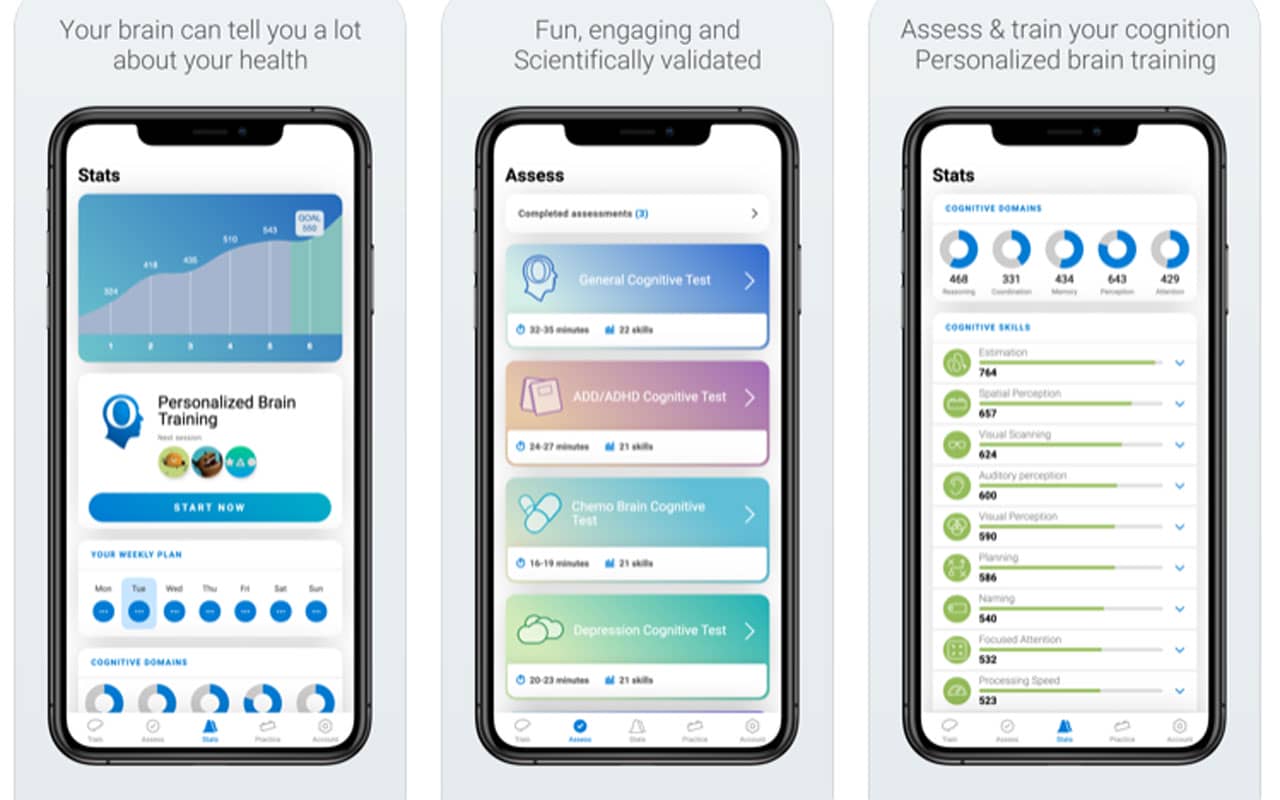
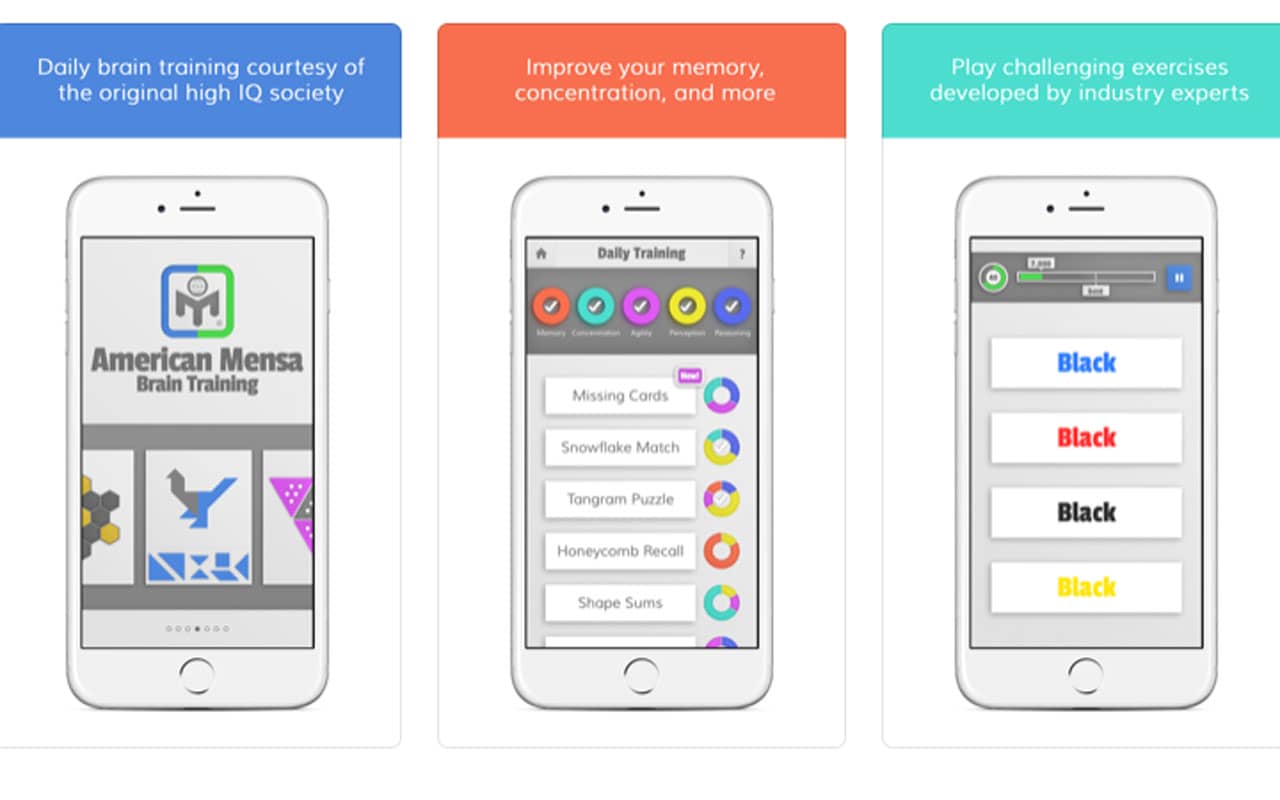

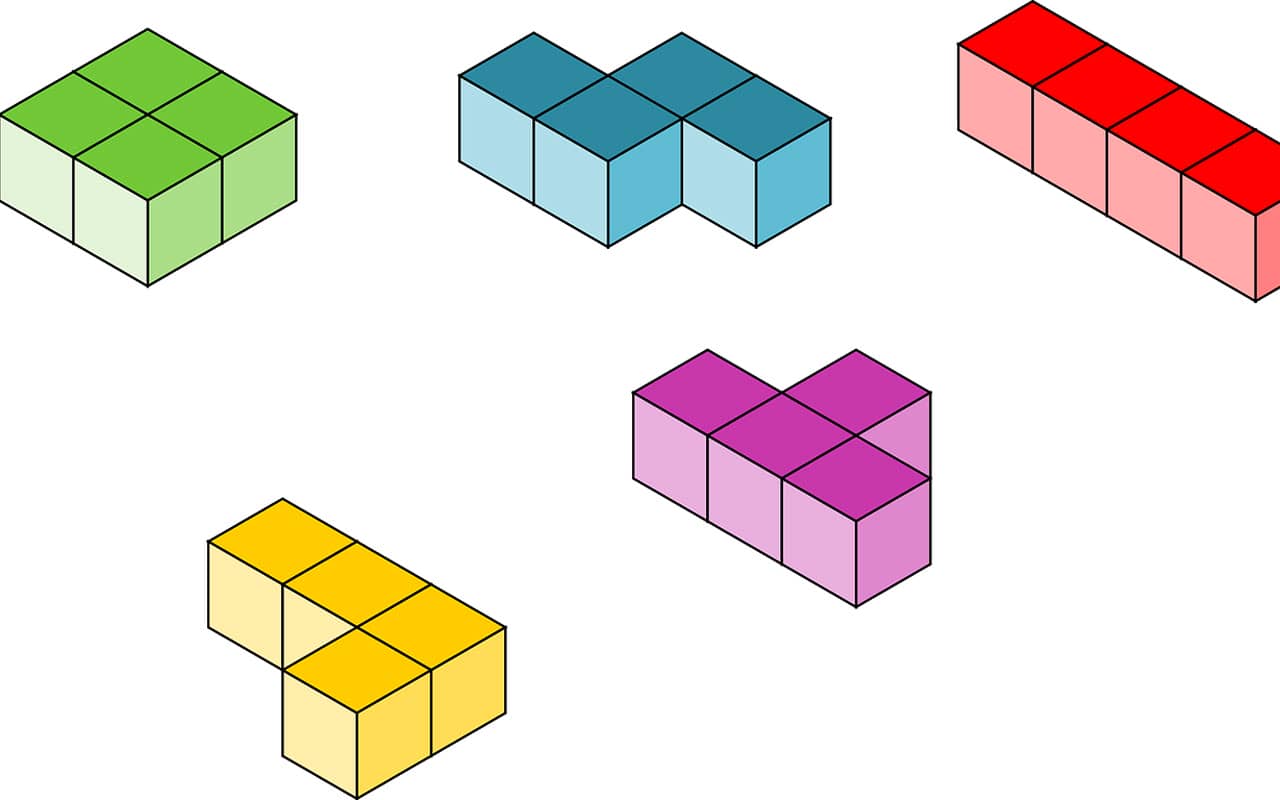




4 Responses
To “play the game for what counts” is good advice that I will remember!
Thanks for the insight,
Tom
Thanks for this post, Tom. I’m glad that this insight struck a chord! 🙂
I believe training root function such as visual processing speed, n-back challenges and meditation do show positive results. There’s an app that targets root function over specific skills and this generalises across applications. What is clear in playing these games is that threshold training is important in order to stimulate the brain to change. I’ve also found Harry Kahne’s Multiple Mentality course (free online) to be beneficial since it appears to ramp up brain band width. It’s very tough though.
So whilst I agree that games that focus on maths will not generalise, games that focus on spatial awareness, visual processing, facial recognition and sound recognition will. See the work of Dr Michael Merzenich. Many of the games on the market cite his studies yet don’t use the same training methodology to focus on root function.
Very few skills improve function across domains. If you play chess, you get better at chess. I don’t believe there’s much non domain improvement and it doesn’t improve GF.
Whilst I don’t believe mnemonics in of themselves have been shown to improve GF they certainly can improve the rate and speed at which we can remember data, which gives the appearance at least of greater intelligence.
With respect to language learning specifically, it’s my understanding that once one non native language has been learned the brain adapts its algorithm to make subsequent language learning more efficient. Language learning is tough, which gives a dopamine spike, which is why people can become quite addicted to language learning. It’s also a useful skill to have.
Thanks for this post. I found it interesting. I like your mnemonic and think history is particularly well suited to mnemonic devices. I generally find mnemonics make learning fun in any case.
Thanks for these great thoughts, Jon-Kristian!
It’s interesting that you mention Harry Kahne. What I find fascinating is his first exercise, which requests that you write out the alphabet backwards fifty times.
When I learned to do recite the alphabet backwards, it took precisely four minutes without writing down a single thing using keywords and a Memory Palace. I’ve never forgotten it and taught hundreds of people to do the same in similarly short periods of time.
The “Alphabet Skipping” variations are a little bit more challenging and takes longer to learn, but great brain games to be sure. I’ll have to mention them on a follow up podcast.
Thanks too for mentioning Michael Merzenich. I’m looking into his stuff now. Anything in particular you would suggest reading?
About mnemonics improving general brain functions, I think this is a matter of how we test them. For example, if mnemonics led to a measurable boost in fluency, then that would potentially lead to more social interaction, which exercises more of the brain. To take another example, abilities in math could lead to an interest in and aptitude for physics, which could then lead to other brain enhancing activities. In this way, we can perhaps see mnemonics as a “gateway drug” to bigger and better things. And as I hope I’ve suggested in the article, it’s a positive addiction that feeds itself because the more you learn, the more you can learn because you have a larger pool of associations from which to draw.
I’m glad you liked the post and mnemonics and I look forward to corresponding again soon! 🙂